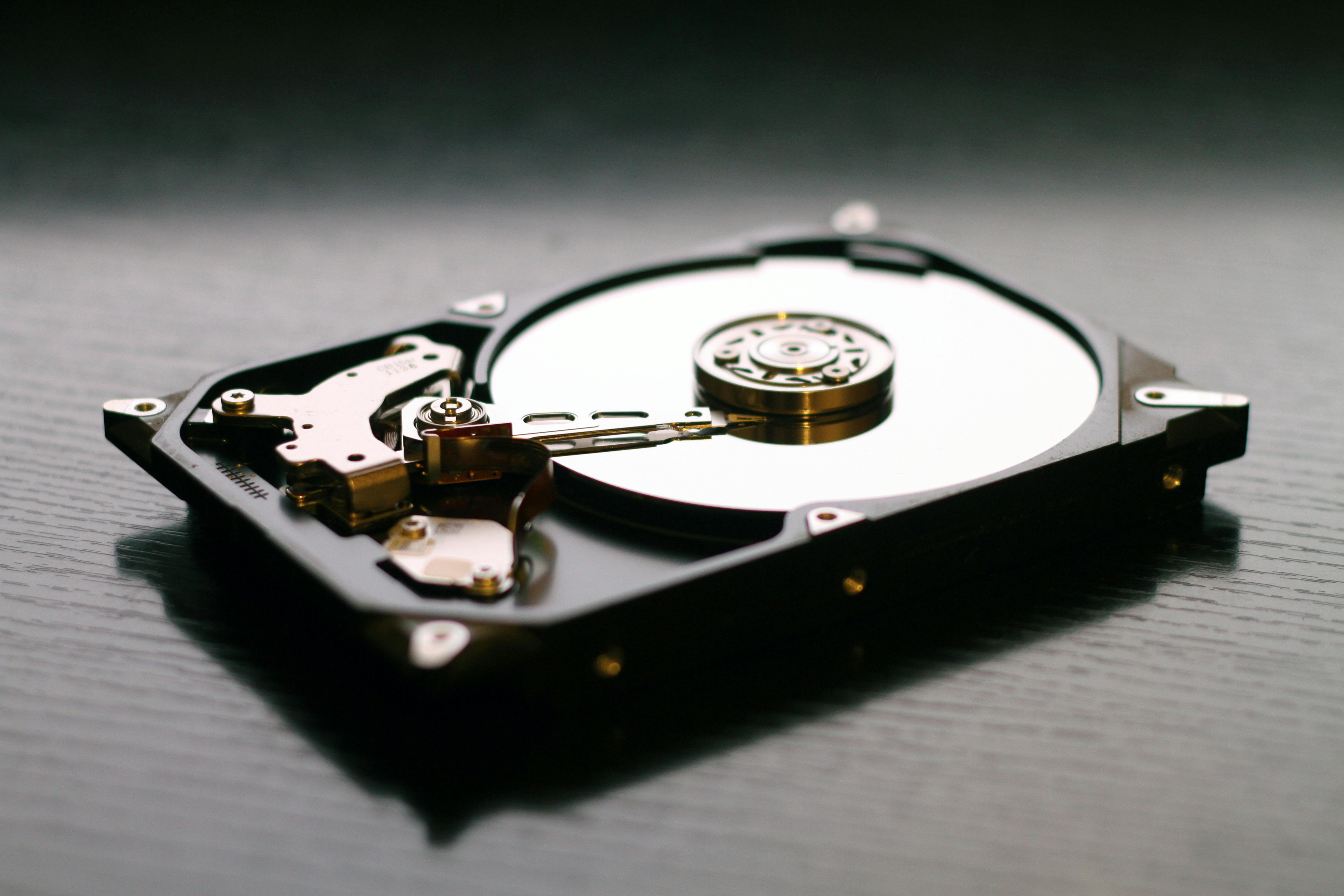
External hard drive on a desk. Source: Pexels
Hard drives — those trusty guardians of our digital lives — often get praised as reliable storage solutions, but reality tells a different story.
What inspired me to write this article was something that happened to my father a while ago : his external hard drive suddenly stopped working. To make it simple, the device suddently made a strange grinding noise and was no longer recognized by any computer ; in general, when your hard drive does this, it doesn't smell good.
This incident made my father realize how fragile these devices can really be despite their reputation, and made me realize that people are often unaware of the unreliability of our modern storage devices. You may wonder how this is possible if you are immersed in IT, but it is indeed the case: people generally think that hard drives are reliable and almost indestructible. lol.
So this is (yet another ?) article to remind you why you absolutely must back up your data on several different media.
Hard Drive Reliability: Not as Solid as Advertised
Even if you buy a high-quality hard drive, it can still die overnight for some reason, and you lose everything. Even if a hard drive has worked flawlessly for years, it only takes one unfortunate accident to render it useless, like a slight shock, or even nothing at all. Some disks can also last for more than a decade without ever having any problems, and can also die overnight. It doesn't matter what brand they are.
The Risk of Relying on USB Sticks and Memory Cards
Many people think that storing important files on USB sticks or memory cards is a safe and convenient alternative. I have seen many people plug an SD card into their computer and put all their files and photos on it, thinking that the card is indestructible and that nothing will happen to them, or walk around with a pouch of USB sticks with all their files and photos stored on them. Unfortunately, these devices are just as unreliable, and sometimes even less so. They can fail unexpectedly, become corrupted, etc. Although they appear to be more reliable and robust, this is not the case. Even though flash memory is considered more durable than hard drives, it can still fail overnight. Storing all your important data on such devices without backing it up is a risky gamble.
Backups Are Not Optional
What’s the takeaway? Always back up your data on multiple, different storage media. Don’t put all your digital eggs in one basket. Regular backups on SSDs, external drives, or cloud services are essential to protect against sudden hardware failures. I personally recommend that you store your files on at least three different hard drives.
The Myth of “Almost Indestructible” Storage
Manufacturers often market their products as highly durable and “almost indestructible.” Reality is harsher. Hard drives have moving parts that are vulnerable to shocks, wear, and aging. Even solid-state drives and flash memory have their limits. No storage medium is infallible.
Data Recovery: The Last Resort
When disaster strikes, data recovery labs with “clean rooms” or chambers white offer a chance to recover lost files. However, this process is a lot expensive, time-consuming, and not always successful. Sometimes you can recover 100% of your data, sometimes 60%, sometimes 20%, sometimes 0%. Prevention through careful handling and good backup habits will prevent you from finding yourself in this situation.
So, what's next ?
Hard drives and other storage devices are essential but fragile tools. While they can work perfectly for years, they can also fail without warning. Relying on a single device — whether a hard drive, USB stick, or memory card — is a mistake. Protect your important data by backing it up regularly and across different platforms. Because when your storage fails, the consequences can be much worse than just a bad noise.